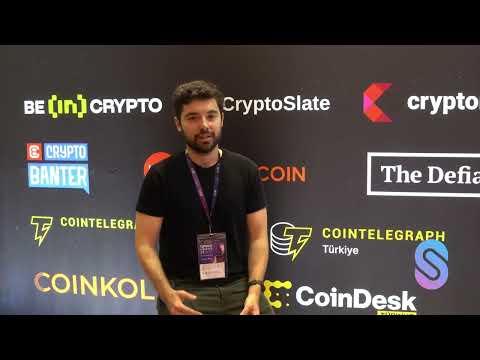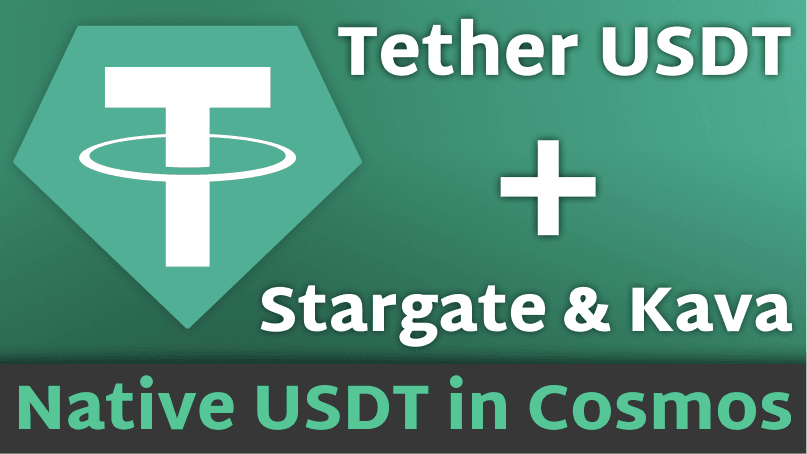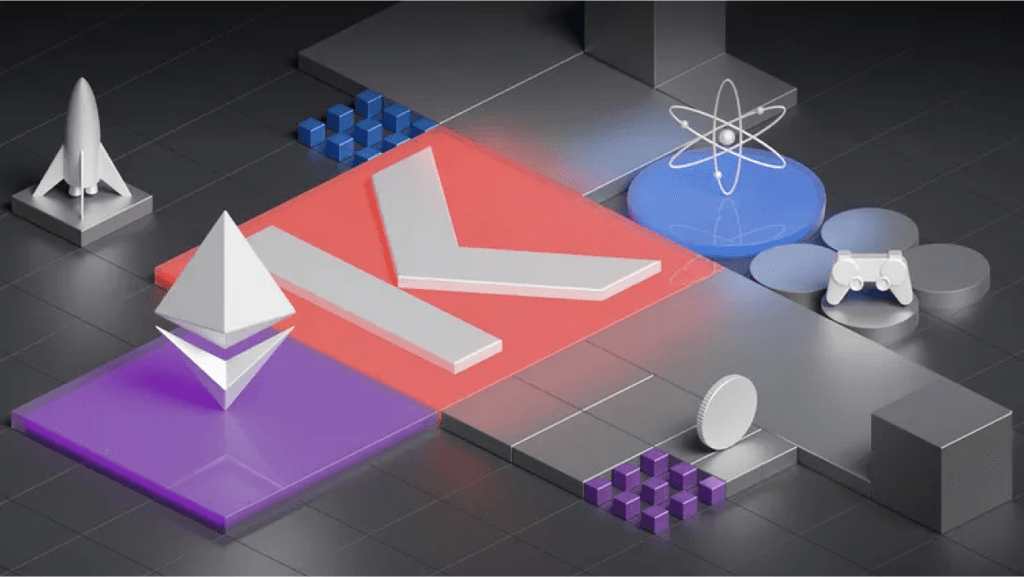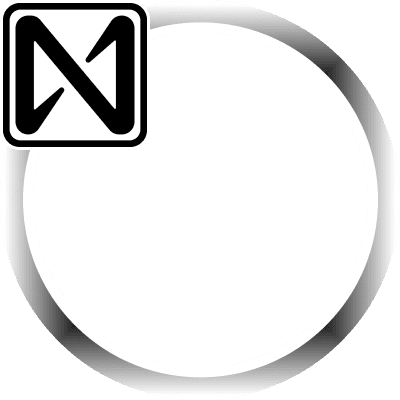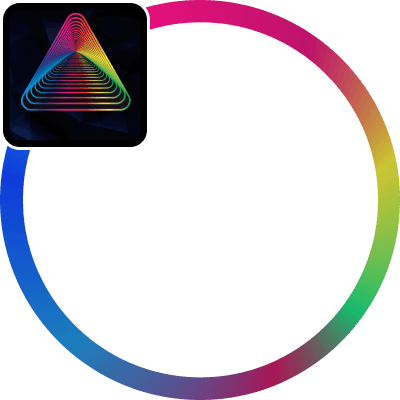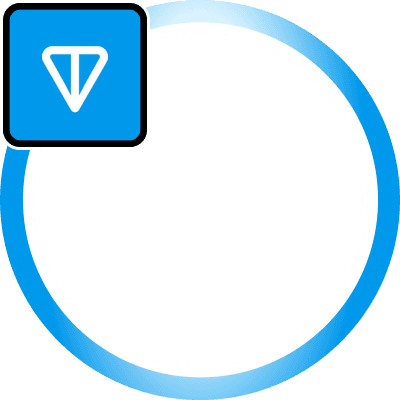Overview
Kaia Blockchain is a highly optimized Layer 1 blockchain solution designed to meet the scalability and performance demands of enterprise applications. Built on a modified Byzantine Fault Tolerance (BFT) model, Kaia ensures low latency and reliable operation, catering to both Web2 and Web3 users. Kaia focuses on providing an accessible blockchain platform with high throughput, robust security, and low fees, making it suitable for real-world applications across industries.
Key Features
- High Transaction Throughput: Kaia processes up to 4,000 transactions per second (TPS) with one-second block finality.
- Low Cost: Gas prices are competitive, approximately one-tenth of Ethereum’s standard rate, with fee delegation options allowing businesses to cover transaction costs for end-users.


